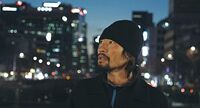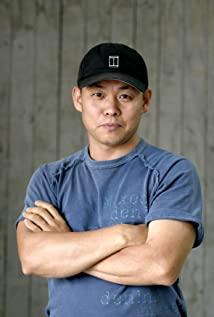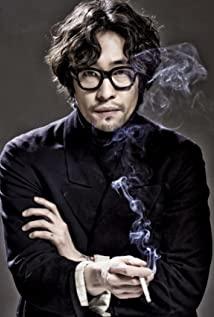It truly presents the struggle of a just and kind-hearted lower-level people under political power, and shows a broad picture of social contradictions and national pain. The actors' performances are very solid. The third act enters the stage of irony, the gap between expectation and reality is once again split, and the image of the "net" begins to really exert its strength-regardless of whether rich or poor, the ideological state machine is like a net, trapping everyone, and everyone can do nothing. Nothing can be done. "As long as the fish is caught in the net, everything is over." The media controls public opinion and is one of the most powerful weapons for spreading ideology. This film portrays the media as absurd and ridiculous, but it is actually saying that what the media spreads is itself the most absurd, but the people who live in it don't realize it. All fish caught in nets. "I'm just a fisherman, without any power." The protagonist will be entangled in even greater despair after seeing hope. Because we empathize with the protagonist, we also deeply experience the powerless struggle and despair. In the end, although the protagonist is reunited with his family, his body and spirit have been beaten beyond recognition by political iron fists. Although the officials who interrogate the protagonist are a party and a people, they are enriching themselves for a few personal gains. When the protagonist is no longer willing to crawl into such a social form and die in the sea, the choreographer asks two powerful questions: What kind of people does the society need? What kind of society do people need?
View more about The Net reviews











